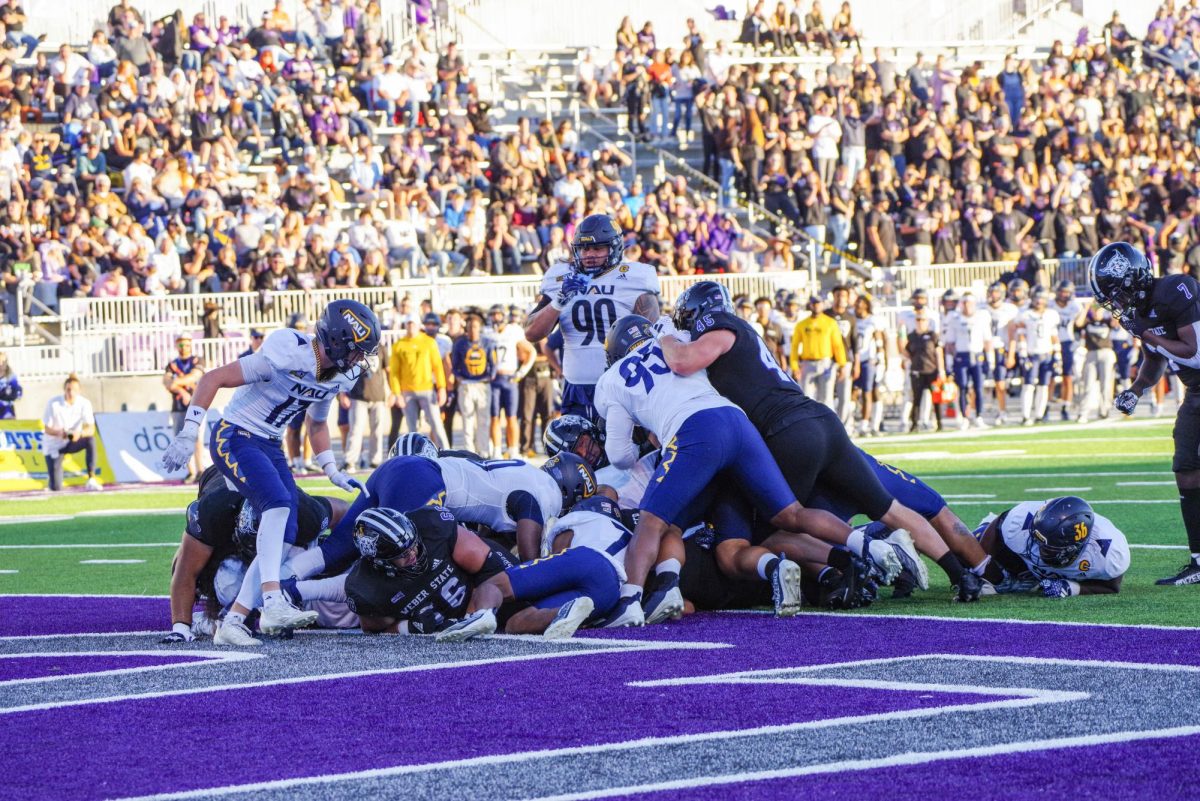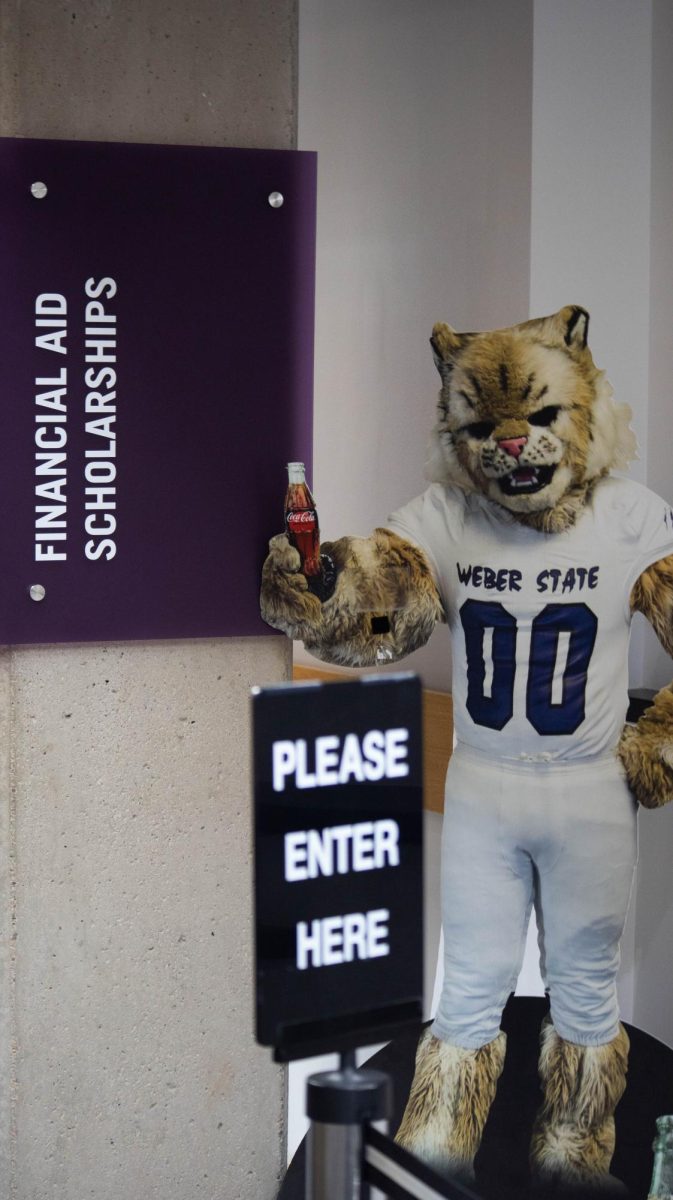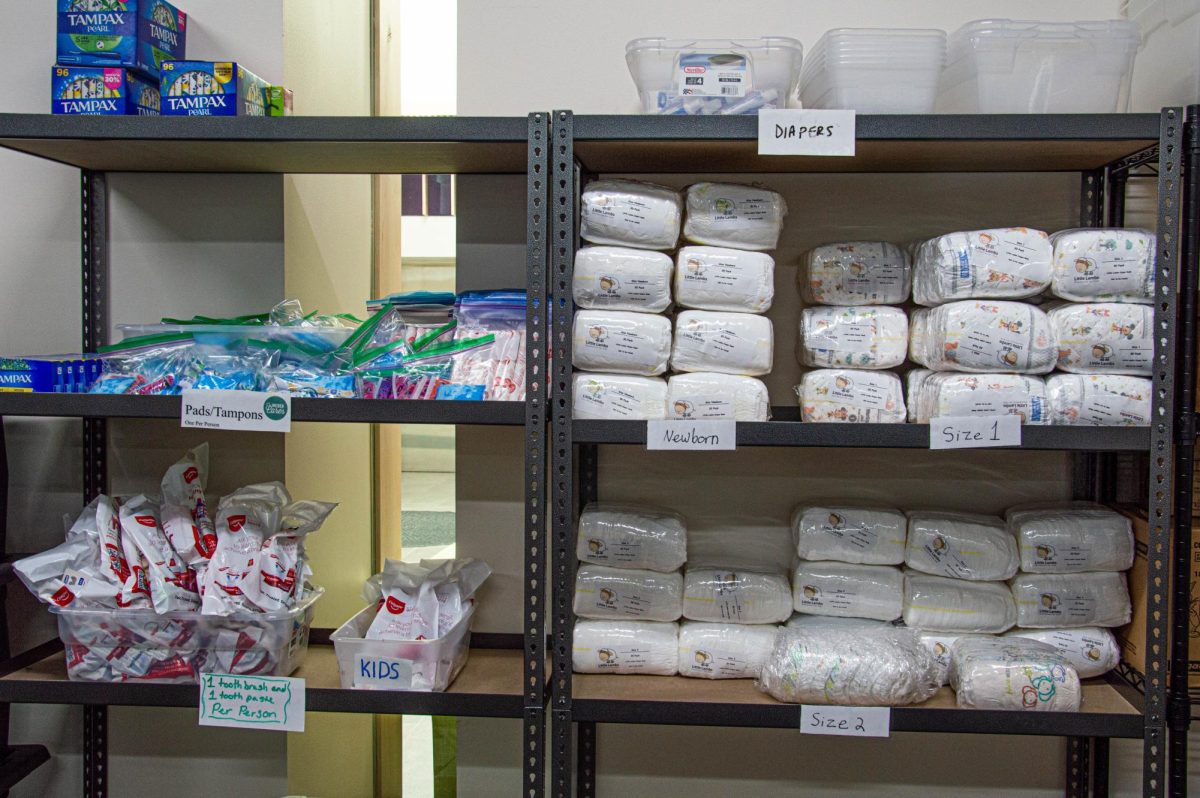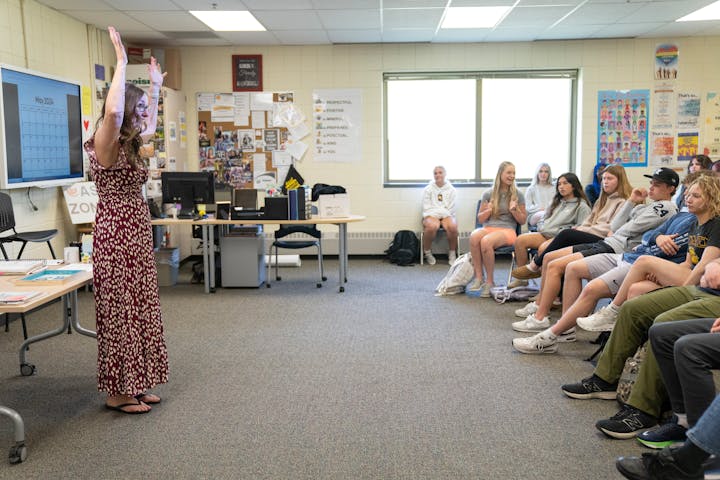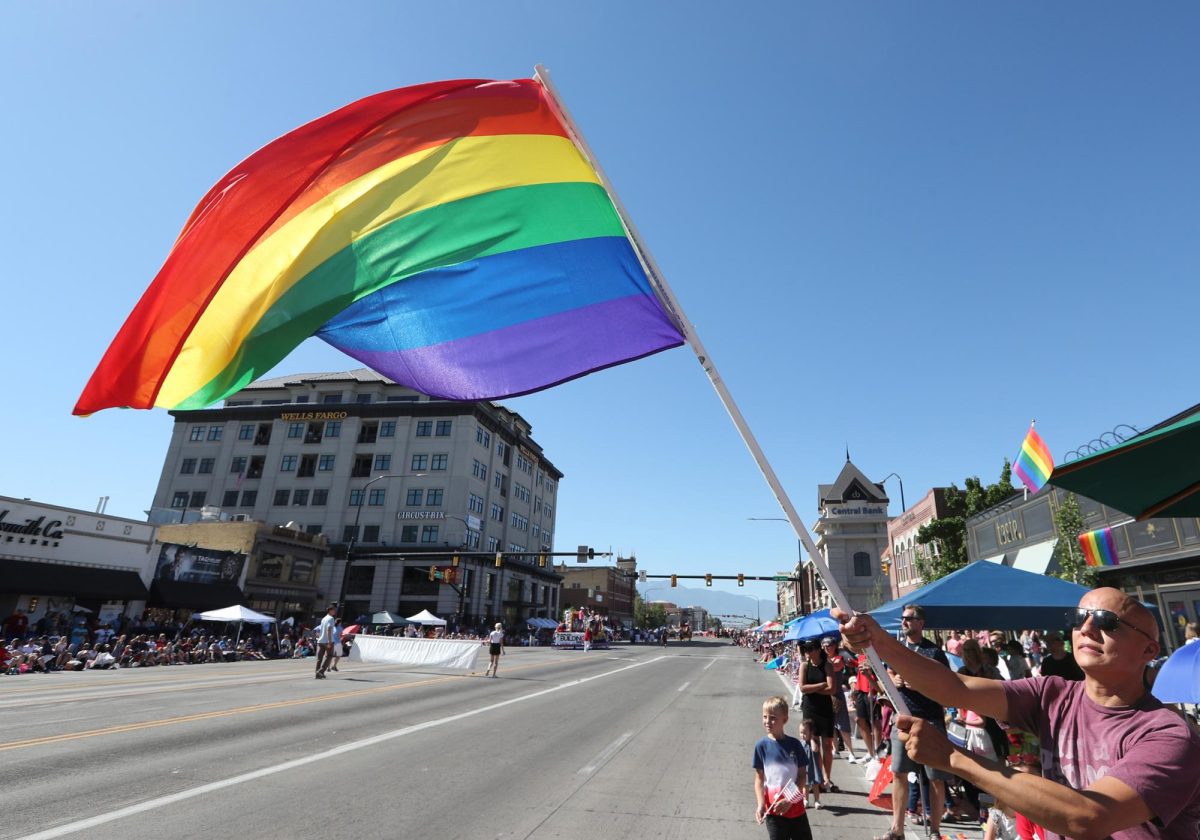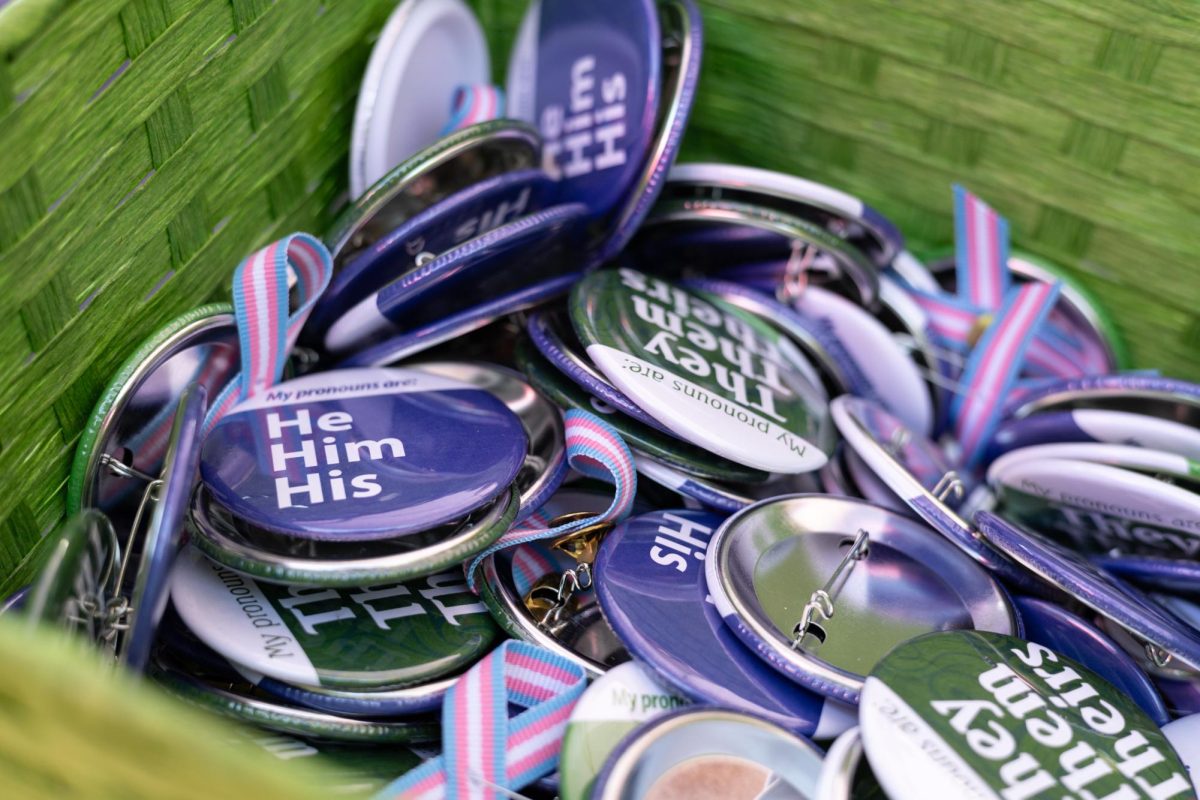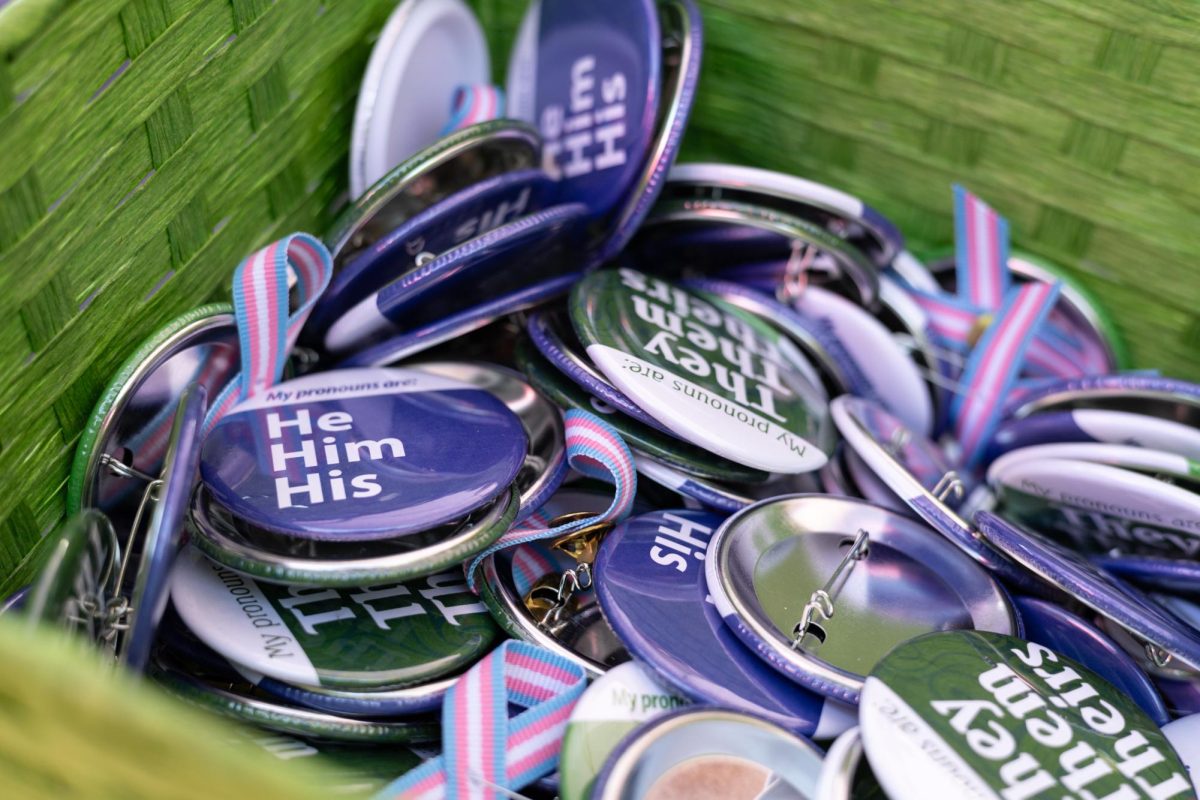
Ranked against other states, Utah tends to be low on the list for air quality, especially during the cold season. When Utah air pollution is high, it can affect the health of citizens along the Wasatch Front.
According to the Utah DEQ website, particulate matter for Utah is currently 2.5, which has held steadily for the past few months. This means that the “fresh air” outside is actually full of car exhaust, fumes and other pollutants.
Major groups such as the Healthy Environment Alliance of Utah and Utah Interfaith Power & Light are teaming up to figure out how to improve the air quality of Utah.
Weber State University’s Energy & Sustainability Office is helping out to clean up the air as well. It’s currently helping with laws on campus that help promote better air quality, including WSU’s anti-idling policy that has been in effect since March 19, 2013.
“(Poor) air quality in Utah is at an all-time high,” said WSU sustainability specialist Jennifer Bodine. “Weber, Davis, Cache . . . basically the entire Wasatch Front has poor air. To enforce it, we’re relying not only on the honesty of the students and staff here, but we’ll also have ambassadors from the WSU Parking Services to help keep the policy in effect.”
WSU has had four panel experts speak about the air quality of Utah: Matt Pacenza, Representative Joel Briscoe, Susan Soleil and Carl Ingwell. Each brought their own points on the air quality of Utah and advice for change for the state. They also brought up how Utahns could make minor changes to their lives to do their part to stop the polluting.
“Be an active activist,” Briscoe said. “(The) best way to get your representative’s attention is by any means possible — texts, email, phone calls, or even letters work, especially when you notify them that ‘I am your constituent.’ Along with that, be sure to keep up to date with the health of the state to make sure that you know how we are progressing.”
One anonymous source agreed. “What the heck are our representatives doing? The main goal should be the community at large. We’re the ones who voted them in office.”
One step that has been taken has been the creation of an air-quality app for both the Android and Apple marketplaces. Soleil, executive director of Utah Interfaith Power & Light, helps churches decrease their power usage by almost half and keep them informed about any electric waste.
Matt Pacenza, a policy director for HEAL Utah, noted that there is never a single solution for any problem. He said there will be dozens of steps leading up to cleaning the air.
“It’s disgusting to learn that I’m breathing this air!” said freshman Steven James. “(It’s) really embarrassing that we live in the state with the poorest air.”







